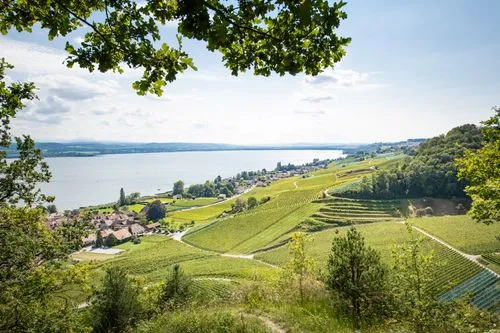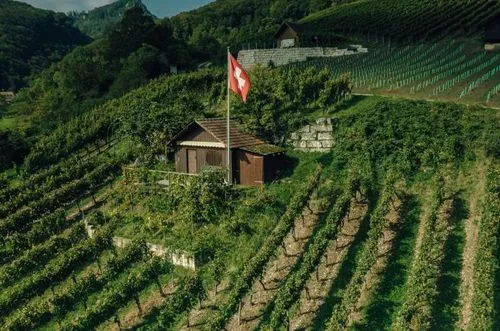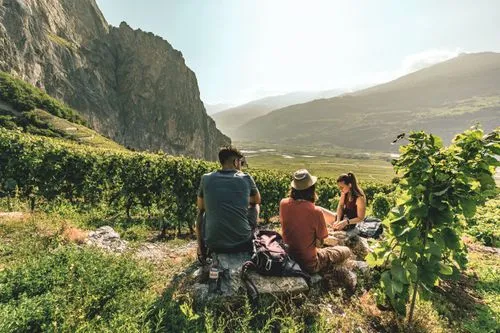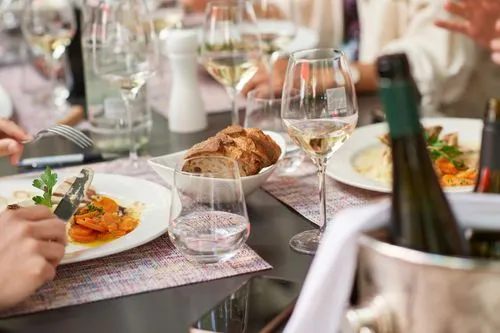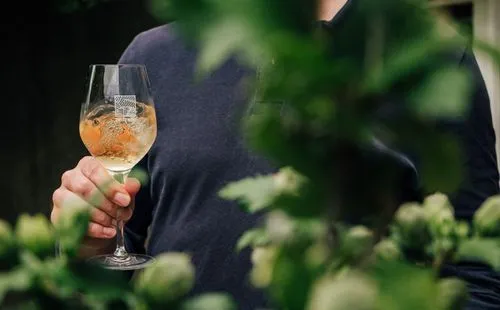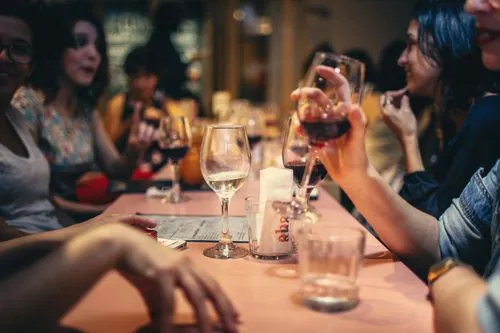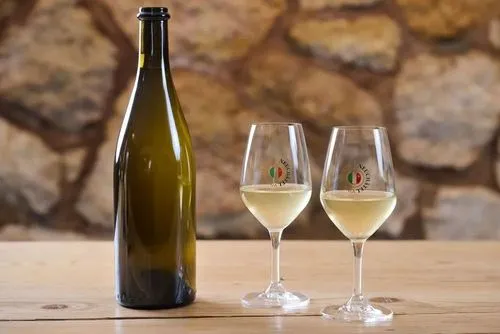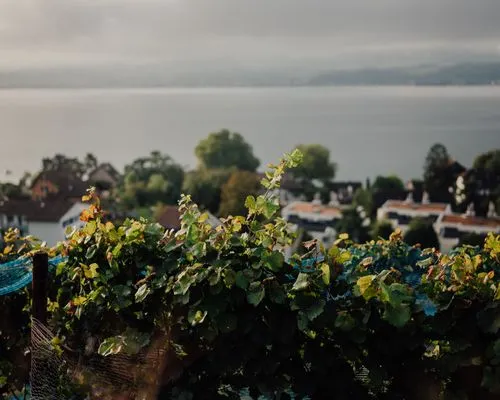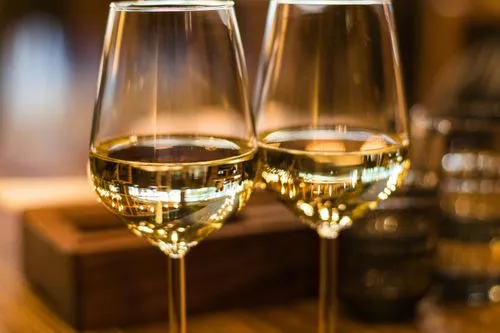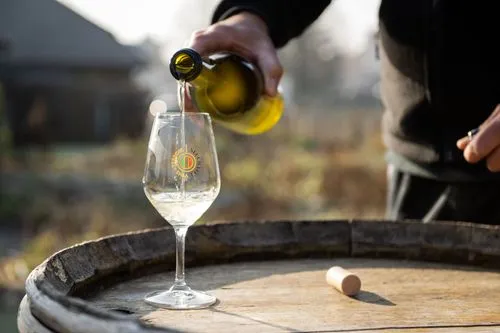Fewer sprays in the vineyard thanks to Piwi vines
To protect their vines against fungal infection, winegrowers have to regularly spray them with fungicides. Whether it's with synthetic chemical pesticides in conventional viticulture or with copper in an organic vineyard, this work costs a lot of time and money and affects the ecosystem in the vineyard.
Help is at hand in the form of robust grape varieties known as Piwis, abbreviation of ‘pilzwiderstandsfähig’ (German for ‘fungus resistant’). They require much less treatment or none at all for downy or powdery mildew, which is better for the environment and saves resources.
Years of work to develop a new Piwi variety
Piwi grape varieties are the result of years of breeding. More precisely, traditional European grapevines (Vitis Vinifera) are crossed with wild robust vines. This procedure is time-consuming and lengthy: it takes around 10,000 crossing attempts to perfect a vine.
When a new variety comes onto the market, it can take as long as 30 years of work to get there. Ultimately, the vine must not only be robust, but the wine produced from it must also taste good to consumers.
Piwis are on the rise
The area under fungus-resistant grape varieties in Switzerland is currently just over 500 hectares, which is 3.5 per cent of the total area (2023: 14,569 hectares of vineyards in Switzerland).
According to the wine industry statistics for 2023, published by the Federal Office for Agriculture, fungus-resistant grape varieties are gaining in popularity. For example, the area planted with the red variety ‘Divico’ increased by 12.8 per cent in that year. The area planted with the white variety ‘Souvignier Gris’ increased by as much as 31 per cent.
In German-speaking Switzerland in particular, Piwi wine-growing areas are growing rapidly. In Lucerne, they account for a record-breaking 40 per cent of the vineyard area!
The most well-known Piwi varieties in Switzerland
The most frequently grown Piwi varieties in Switzerland include:
White varieties
Johanniter
Solaris
Muscaris
Red varieties
Divico
Regent
Cabernet Jura
In addition, there are a variety of other varieties, some of which are only grown in very small areas. There are currently over 100 different Piwi grapes!
Recognition of Piwi grape varieties is growing
Despite their advantages, fungus-resistant grape varieties account for only a small proportion of Swiss viticulture. It will take a long time before consumers order a Solaris as matter-of-course as they do a Sauvignon Blanc.
But experts are also increasingly giving the wines good marks. For example, at the Grand Prix du Vin Suisse 2024, a Muscaris from Thurgau took second place in the category of varietal white wines – and that was in competition with long-established grape varieties.
It remains undisputed that Piwi wines cannot be compared 1:1 with the old-established grape varieties in terms of taste. So if you want to drink a Chasselas, you should order one. However, if you are in the mood for new discoveries and are willing to try out unusual flavours, Piwi is the right choice for you.
Pretium
Related Articles
All the news about Swiss wines and exclusive reports.
To visit our site, you must be of legal drinking age in your country of residence.
